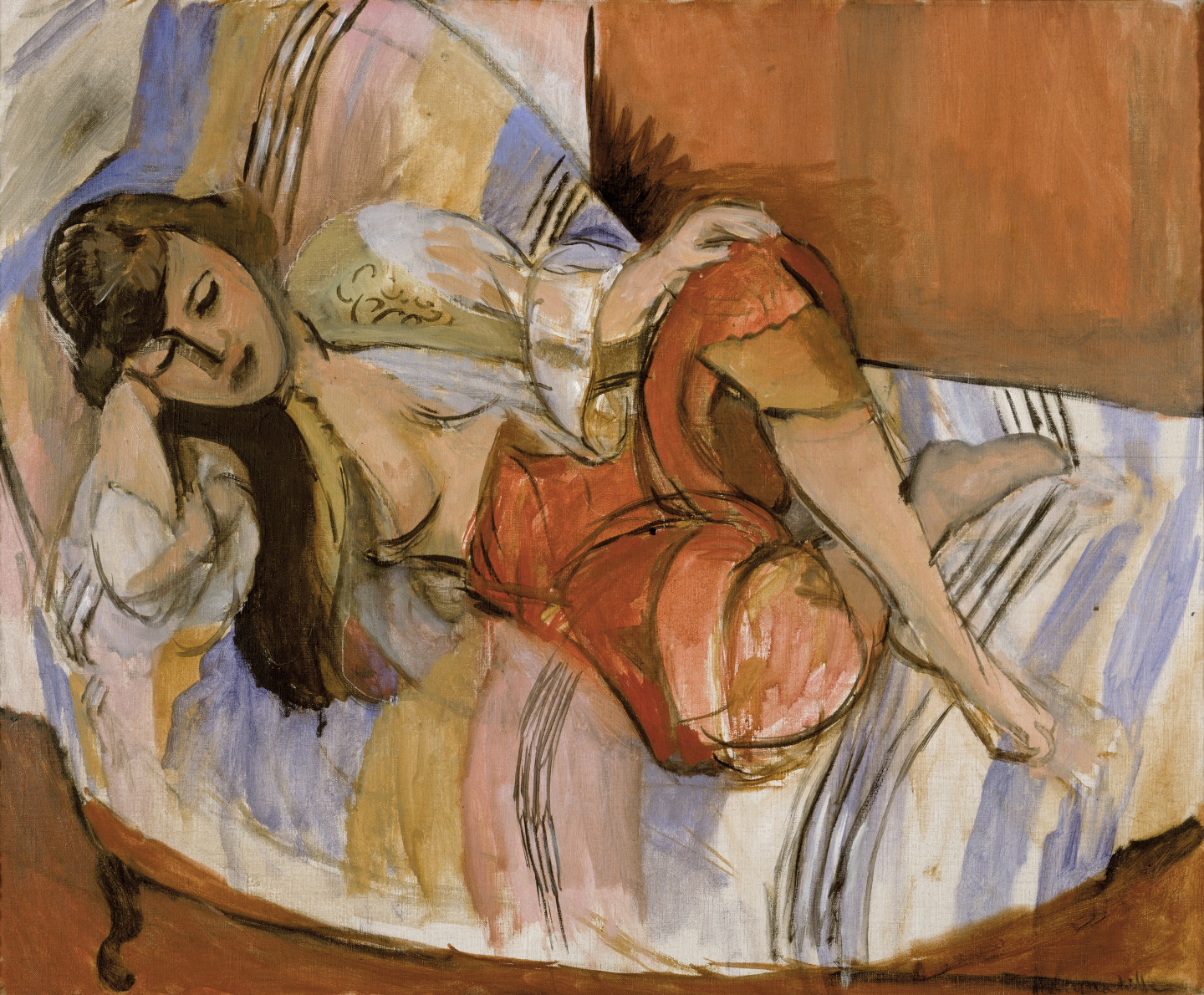Stedelijk Museum Amsterdam restitutes Matisse Odalisque to Jewish Art Patrons' Heirs

The Dutch Restitutions Committee publishes its binding advice to restitute the painting Odalisque (1920/21) by Henri Matisse to Albert Stern’s legal successors.
The painting has been in the collection of the Stedelijk Museum Amsterdam since 1941, of which the Municipality of the City of Amsterdam is the owner. Following research, the Committee concludes that it is sufficiently plausible that the sale of the painting was connected to the measures taken by the occupying forces against Jewish members of the population and arose from a desire for self-preservation.
After the Nazis had come to power in January 1933, the Berlin-based textile manufacturer Albert Stern (1861-1945) and his family were subjected to persecution because of their Jewish descent, and gradually stripped of their possessions and means of livelihood. In 1936-37 the family emigrated to the Netherlands and thereafter made several attempts to flee. The family’s circumstances deteriorated to such an extent that it was forced to sell its belongings.
With the help of Lieuwe Bangma, with whom the Stern family had business and personal ties, the painting was sold to the Stedelijk Museum on 19 July 1941. Since the Stern family needed the money to flee, the Restitutions Committee ruled that this was an involuntary loss of possession due to circumstances directly related to the Nazi regime. Several attempts by the Stern couple to escape tragically failed and they were eventually deported to different camps. Albert Stern did not survive this, he died in January 1945, but his wife did – she emigrated to the United Kingdom after the war.
Touria Meliani, Alderman of Culture, Municipality of Amsterdam: “The suffering inflicted on Jewish civilians during the Second World War is unprecedented and irreversible. Jewish citizens have had their property, rights, dignity and in many cases their lives taken away. To the extent that anything can be repaired from the great injustice done to them, we as a society have a moral obligation to act accordingly. The return of works of art, such as the Odalisque painting, can mean a lot to the victims and is of great importance for the recognition of the injustice done to them. As a city we have a role and responsibility in this."
Rein Wolfs, director of the Stedelijk Museum Amsterdam: “We have had questions about the provenance of this work since our research into art from the collection in and around the war period, published in 2013. The issue was also highlighted in the exhibition The Stedelijk Museum and the Second World War in 2015. It is a step forward that, together with the heirs, represented by the Commission for Looted Art in Europe, we have been able to jointly submit this case to the Dutch Restitutions Committee. This artwork represents a very sad history and is connected to the unspeakable suffering inflicted on this family. The ruling of the Restitutions Committee does justice to this history, and we naturally follow their binding advice.”
The Amsterdam City Council intends to restitute the artwork to Albert Stern’s legal successors.
Main Image :Henri Matisse, Odalisque, 1920-21 © Succession Henri Matisse, c/o Pictoright Amsterdam/Stedelijk Museum Amsterdam
